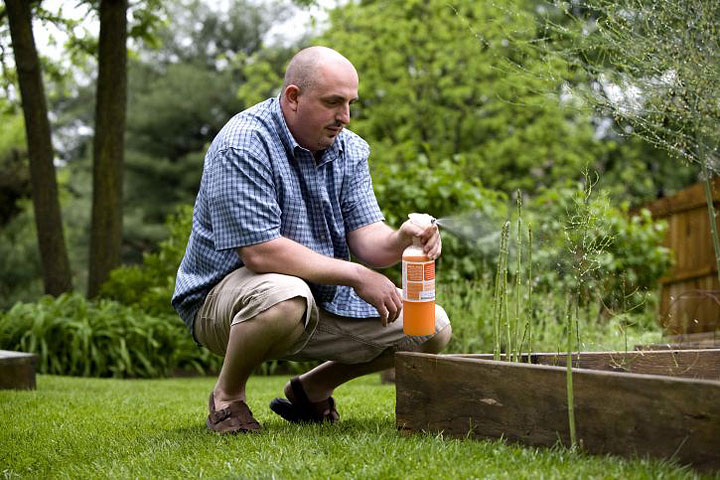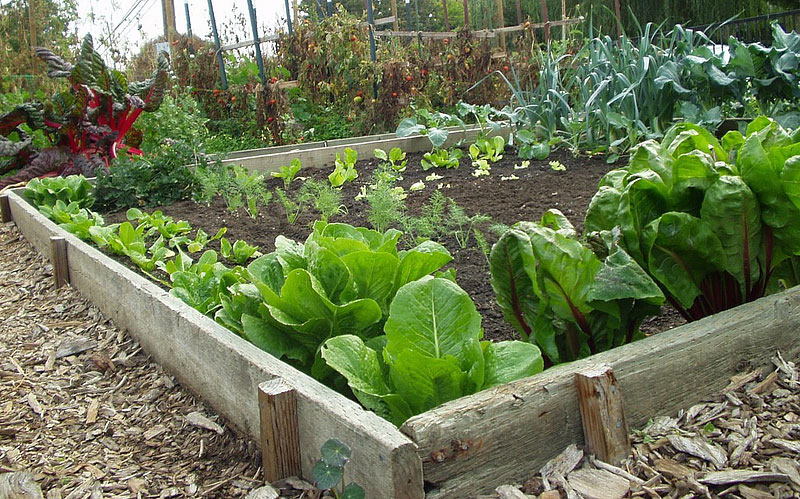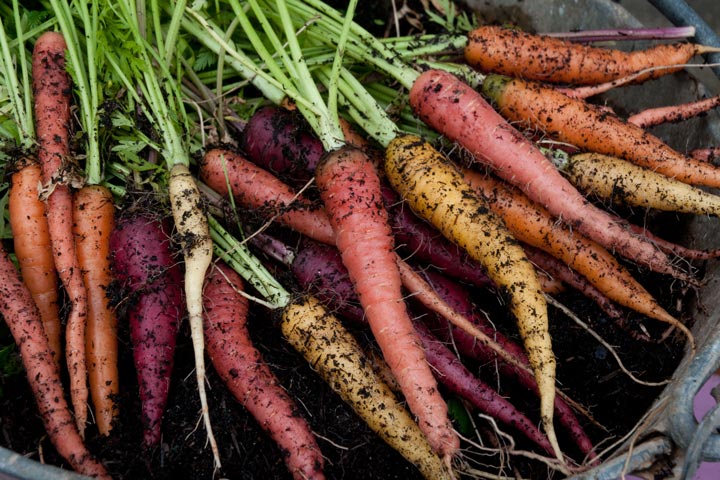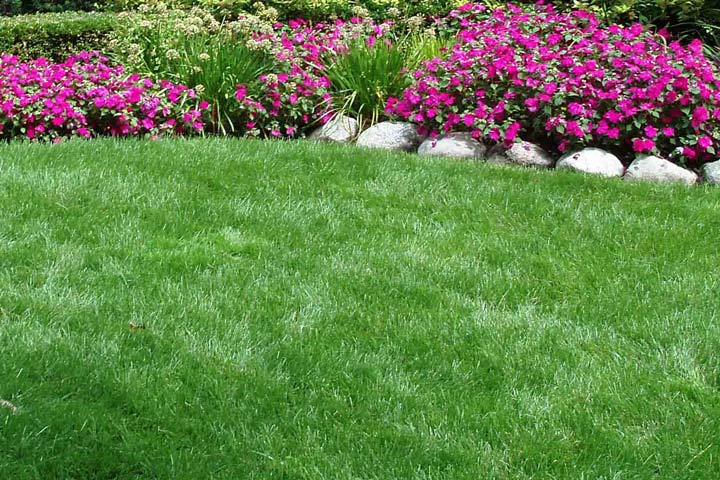
Your body has cravings, doesn’t it? Sometimes you crave this, or sometimes that. Those cravings can be telling you something, some studies have shown that when we crave certain foods it can be because we have need for a mineral in that food, that our body may be short on something. Not always, of course, but sometimes.
Minerals are of course everywhere, rocks, dirt, plants, water, but a large amount of minerals can be found in oceans, like salt of course. Mineral content is what can give sea salts their flavor and color. See, over the eons minerals have been washed away from rock, into rivers, and out to the ocean, where they sit. This phenomenon is also one of the reasons why periodic mild flooding of major rivers created very fertile mineral rich areas of arable land.
Minerals are important for plant health just as they are for human health, that is why many put an emphasis on composting and using compost, for the micro nutrients. You can buy fertilizer for the macro nutrients, but it is harder to get the micro nutrients.

Enter the seas, stage left. Plants and animals from the sea, and indeed, seawater itself, contain more of these trace minerals. So, if we compost plants and animals from the sea, or otherwise use them as fertilizer, we should be introducing more of these minerals to our gardens. Our vegetables will then have access to more of the minerals they need, and we’ll get more of those very same minerals when we subsequently eat them. This is something you can do for your own health, not just the health of your garden.
Plants without a mineral deficiency not only grow better, they also seem to be better able to tolerate attacks by pests or diseases, so having the right minerals in your soil can make a big difference. If you do not know what, if any, minerals your soil needs, you can send a sample to a testing service who will let you know for a relatively low fee.
So, how do you introduce ocean minerals into your garden? Well, instead of buying bone meal, you can buy fish bone meal, and get the phosphorous, but also trace minerals. Instead of getting blood meal, you can get fish meal or fish emulsion, which will give you nitrogen, and trace minerals. You can also buy kelp meal, or compost kelp & other seaweeds if you live near the ocean. Small amounts of saltwater clinging to it will not hurt your compost pile. You can also compost shrimp tails, lobster shells, crab shells, and any other shell or bone from something ocean dwelling that might pass through your kitchen. You still shouldn’t compost meat of course.

People who live near the ocean can cheat not only by getting seaweeds directly, but also by soliciting at seafood processing plants or other such places that might produce large quantities of shells. You can also buy sea minerals that are concentrated from sea water, and yes, these contain salt. However, if you use it according to package instructions the salt won’t be concentrated enough to hurt your plants.
There is another product called azomite that isn’t from the sea, it is however a mineral rich water soluble powder created from rocks. This would be a way to get the sea minerals without any additional salt.

The manufacturers of all these products claim of course that their product is amazing for any variety of reasons. My mention of them here does not mean I think all the claims are true, skepticism is healthy, I have used these products and they seem to work. But yes, there are minerals in the sea, and your garden probably needs some of them. Next season I want to do a side by side comparison of some of these products in use to get more scientific results.
I do have two more tricks for you, even if you don’t live near the sea. If you have a water feature in the yard with fish, when you change the water, the discarded water is going to be nutrient rich, especially with nitrogen from all the fish waste. So don’t let the waste-water go to waste, use it on something that likes nitrogen. This is also true for the fish tank you empty inside. If either fish tank uses a charcoal based filter, which many many do, break open that charcoal when you change the filter and sprinkle it into your garden. The activated charcoal, is essentially fancy biochar, which is very beneficial to the garden, and it will have likely soaked up some more nitrogen which it can then release over time.

Now, of course, in addition to minerals washing from land into the sea over all these years, bad things have too. The sea is polluted, there are compounds you don’t want. Is this something you should worry about? I don’t think so. Plants don’t always just drink up and store things, they metabolize some compounds humans might find dangerous.
So you have to assume the fish or the plant takes up something, doesn’t metabolize it but stores it, through decomposition this substance stays stable, it is then put in your garden, the edibles you plant take it up, don’t metabolize it, and store it in the part of the plant you eat in a concentration that is dangerous to you. There are many ifs there. I’ve never seen any study showing any danger to using any sea product for compost. The only risk I’ve seen is to your nose, many of these fish products smell, but only for a couple days, the first good rain or watering tends to lessen it.
So, go forth, and bring the bounty of the sea to your garden.




I was waiting for this kind of subject. Thank you very much for the
place.